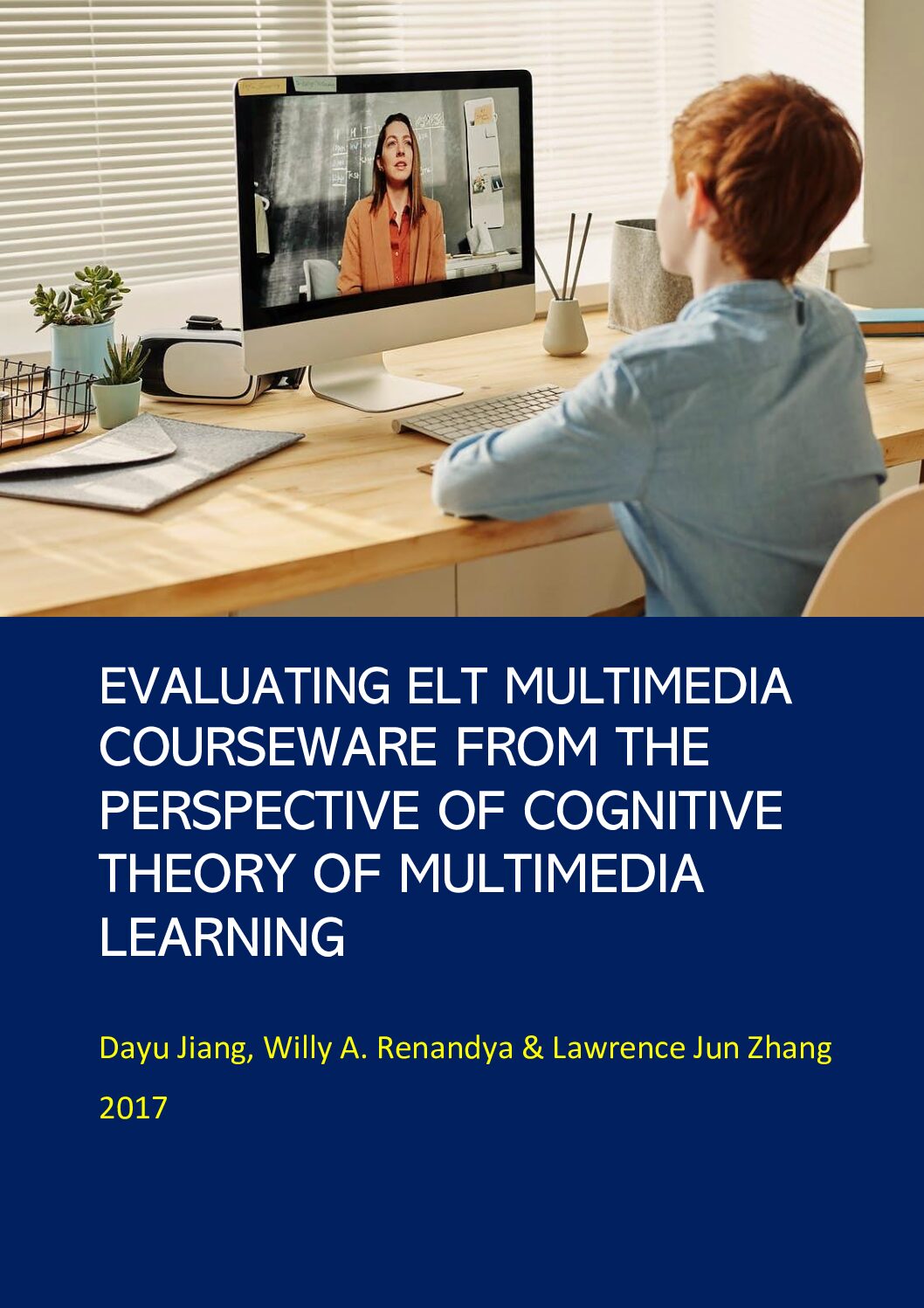Evaluating ELT multimedia courseware from the perspective of cognitive theory of multimedia learning
Dayu Jiang , Willy A. Renandya & Lawrence Jun Zhang
Abstract
Using the cognitive theory of multimedia learning, this study aimed to evaluate the design of one multimedia courseware used for teaching English as a foreign language (EFL) in China and to compare the attitudinal differences in the teachers’ and students’ evaluation of the courseware. A questionnaire was developed and validated. Results indicated that the design of the courseware generally complied with the coherence principle, the signalling principle, the spatial contiguity principle, and the temporal contiguity principle but slightly violated the redundancy principle. The results of the independent sample t-tests on the questionnaires and the further analyses of the interviews revealed that there were statistically significant differences in the teachers’ and students’ evaluation concerning the coherence principle, the redundancy principle, and the spatial contiguity principle. Findings of this study suggested that the cognitive theory of multimedia learning can be a useful tool for evaluating multimedia courseware for teaching and learning EFL, as the theory is firmly grounded on the characteristics of human cognitive architecture and places the users in the centre of courseware design and evaluation.

